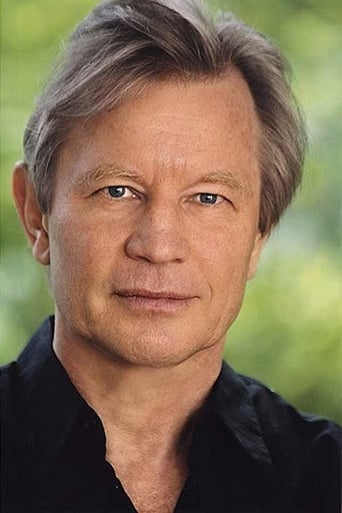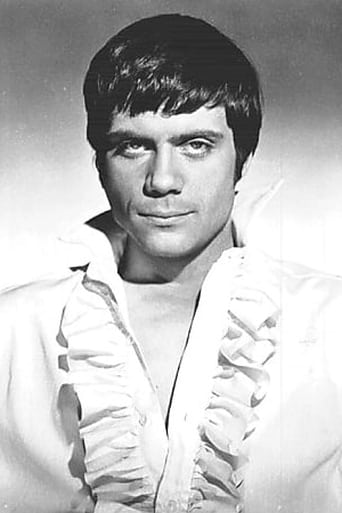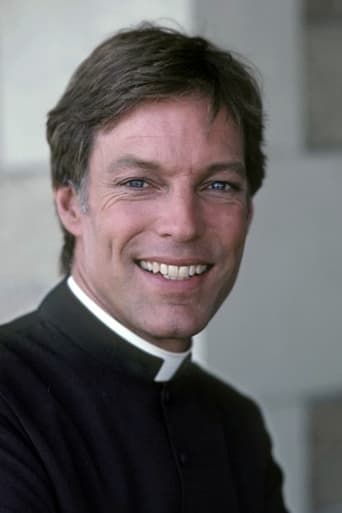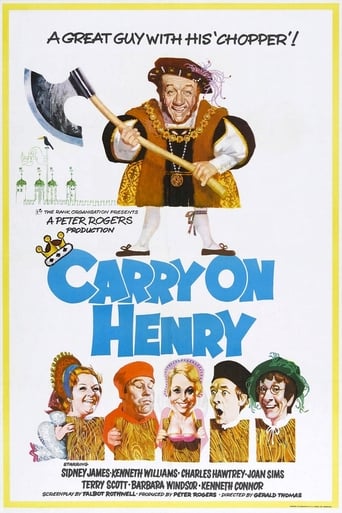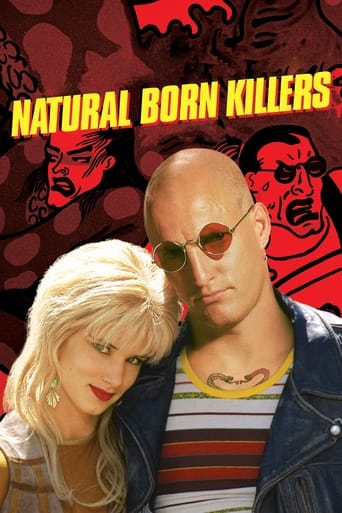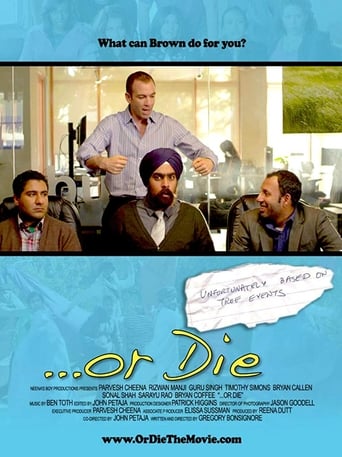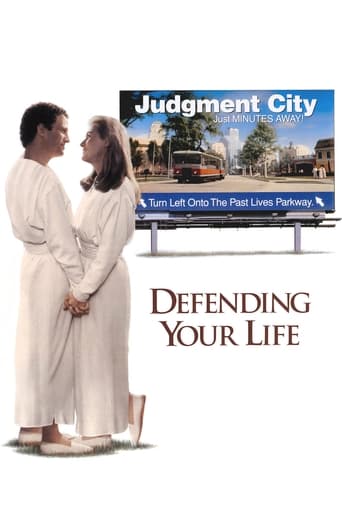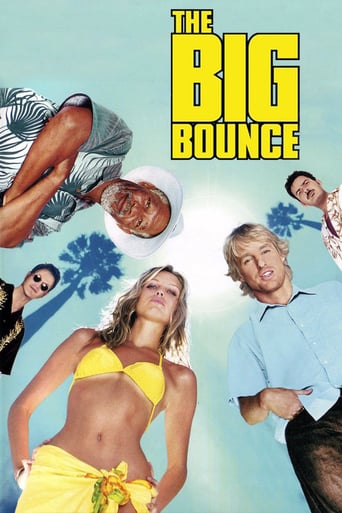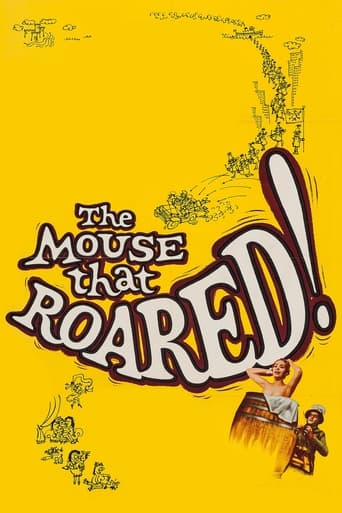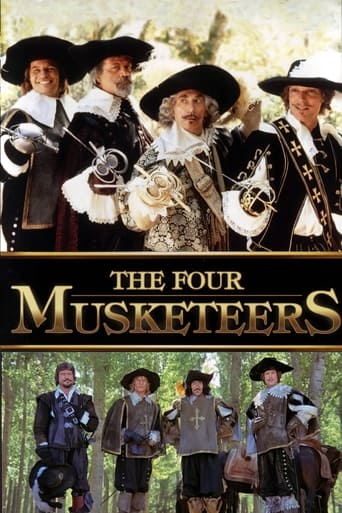
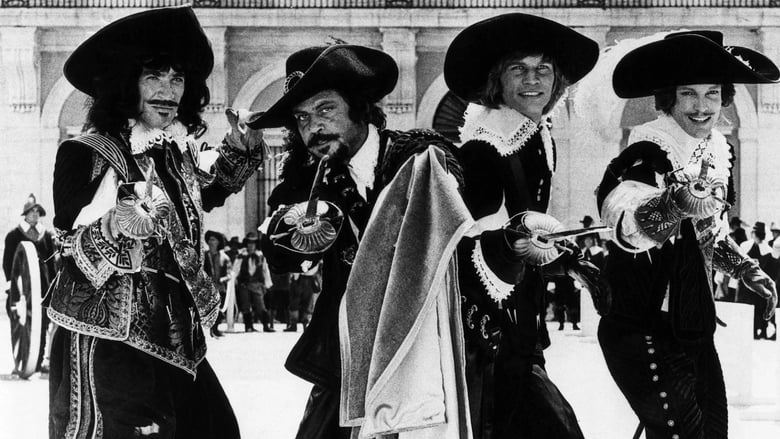
The Four Musketeers (1975)
The Four Musketeers defend the queen and her dressmaker from Cardinal Richelieu and Milady de Winter.
Watch Trailer
Cast
Similar titles
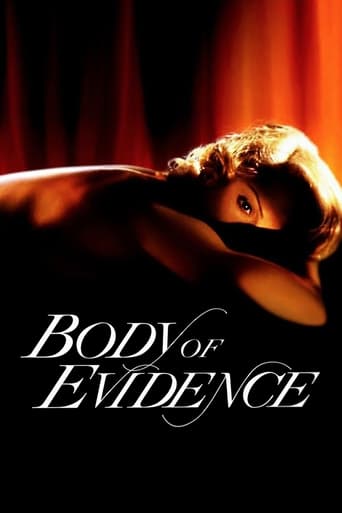
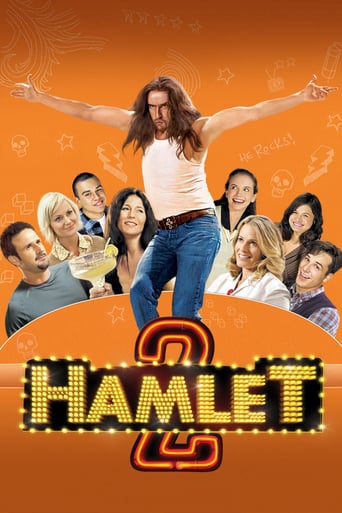
Reviews
Touches You
Such a frustrating disappointment
Expected more
An old-fashioned movie made with new-fashioned finesse.
Although filmed together, the producers decided to release this adaptation of the Dumas classic in two parts, with this being the sequel to the 1973 film. The first film meandered initially before the main story line of the queen's diamond kicked in. Here too the film gets off to a rambling start. Unfortunately, things don't quite come together like they did in the first film. There is less of a sense of fun here, as the mood has darkened, which is not a bad thing except that the narrative is not very well sustained. While Welch was the female focus in the first film, this one belongs to Dunaway, who is excellent as the evil Milady.
This continuation of the Musketeers saga from "The Three Musketeers"(73) brings back essentially all the characters (tho they never really left, as this was filmed at the same time) and piles up the intrigue. Plots combine with counter plots as the puppeteer Cardinal (Heston) sends his two emissaries of evil, Milady & Rochefort (Lee, good casting if ever there was), against the heroes, who defend the queen's honor. The Milady character (Dunaway) becomes the central focus of the story; she proves to be so dangerous that dashing D'Artagnan (York) barely escapes her deadly designs on a couple of occasions despite his abilities. The most startling revelation, for those unfamiliar with the story, involves a backstory for the morose Athos (Oliver Reed). Reed lends a pathos to the character of Athos, heh.Though this continues Director Lester's penchant for comical timing and near-slapstick action, the story itself has a more plot-driven narrative and, by necessity, more dramatic, even tragic, elements. This chapter, after all, concludes the tale in many ways, and, for some characters, it definitely ends on a somber note. There is a poignancy and flair to the proceedings missing from even the first chapter, but, as entertainment value, it's just a smidgen below the introductory previous film. You miss the sheer excitement and thrill of meeting all the characters; on the other hand, this is in many ways a bonus gift to all the fans of the first film, who need not imagine how their favorite characters would continue as in other favorite films which had no sequels. Since this was filmed at the same time, the film has none of the apparent weaknesses of the usual sequels.Many years later, in '89, most of the cast and the director returned for another sequel, "Return of the Musketeers." Some of the magic wasn't there, but it was interesting to see them all again, older and perhaps wiser. That film is not yet available on DVD, but was around on VHS and Laserdisc.
THE FOUR MUSKETEERS, the second half of Richard Lester's brilliant adaptation of Dumas' THE THREE MUSKETEERS, carries on the manic adventures of D'Artagnan (Michael York), and his comrades (Oliver Reed, Richard Chamberlain, and Frank Finley), and offers deliriously comic moments (a picnic in the midst of a siege is a comic highlight), but in being faithful to the novel, a necessary but tragic thread runs through the plot, with the deaths of key characters tempering the joy of the ultimate resolution.Because the film wasn't intended to 'stand on it's own', certain elements had to be added, to make the story more cohesive. The most obvious addition is a voice-over introduction by Porthos (Frank Finley), who reminisces about the events on screen. The choice of Finley is a wise one, as he was the most accessible of the characters in the first film, and his "blissfully ignorant" attitude keeps his opening and closing monologues a 'tongue-in-cheek' joy.Politics and intrigue are the order of the day, as Cardinal Richelieu (Charlton Heston, still sleekly villainous) continues his machinations to eliminate French Protestants, and his major opponent, England's Prime Minister, the Duke of Buckingham (Simon Ward). A key player in 'the game' is Milady de Winter (Faye Dunaway, in one of her best roles), who agrees to eliminate Buckingham, if Richelieu will pardon 'in advance' her plans to murder D'Artagnan and his ladylove, Constance (Raquel Welch). The note he signs would become a key element of the story.Hoping to protect Constance, D'Artagnan sends her to an Abbey, then impetuously begins an affair with de Winter, not realizing the woman's ultimate goal. Only the discovery of a 'Fleur-de-Lis' tattoo on her arm, branding her a 'harlot', saves the boy, as it unbalances the woman long enough for him to temporarily subdue her, and escape. The news of de Winter's brand exposes Athos' aristocratic past, and reason for his alcoholism.Just as Van Heflin's interpretation of Athos during this key scene in the 1948 THREE MUSKETEERS was the film highlight, the flashback to a younger, clean-shaven, and dashing Oliver Reed, and his betrayal by Faye Dunaway, who would be branded for her crime, is a high point in the 1974 production. Milady is a calculating, insensitive monster, and as the depth of her potential for evil becomes known, the darkness that is introduced nearly overcomes the film. With a cunning almost feral, she ruthlessly arranges the death of Buckingham, then takes care of Constance personally. Finally captured by the four Musketeers, her doom, while justified, is a jarring counterpoint to the earlier adventures of the happy-go-lucky quartet.Yet the four comrades survive, and with the possession of Richelieu's note to Milady, are not punished for their actions, but granted extraordinary rewards by King Louis. Richelieu himself is impressed by D'Artagnan's amazing talent and luck, and arranges a promotion for the young Gascon.As the four friends leave the Palace, facing far different futures, Porthos reflects on the camaraderie of the friends, and through flashbacks, we are reminded of the glorious adventure we've shared with them. THE THREE and FOUR MUSKETEERS are a crowning achievement in Richard Lester's remarkable career, capturing a 'feel' that no other Dumas' adaptation has ever come close to. While the sequel may lack the unrestrained 'joy' of the first film, when seen together, the overall impact of the saga is unforgettable.They don't come any better than this!
Great movie--one of my favorites. What makes it a 10 is Oliver Reed's heartbreakingly good performance as Athos--particularly two scenes: first, when he tells D'Artagnan "a love story to cure you of love", then his confrontation with Milady DeWinter ("Since when has it been possible to insult YOU, Madame!"). Milady's seduction of Fenton, and the ensuing assassination are chilling. And the whole set piece of the Four at the siege is great comedy, well played by all. The only serious departure from the book is D'Artagnan's duel with Rochefort at the end (but it IS a thrilling swordfight, so I don't mind). I had the good fortune to see this film and Three Musketeers on a double bill back in 1976 (how many of us are old enough to remember double bills at the movies?) when I was 16. Now I've got to buy the videos and watch them together again. "All for one, and one for all!" I wonder: where is the nearest fencing instructor?
